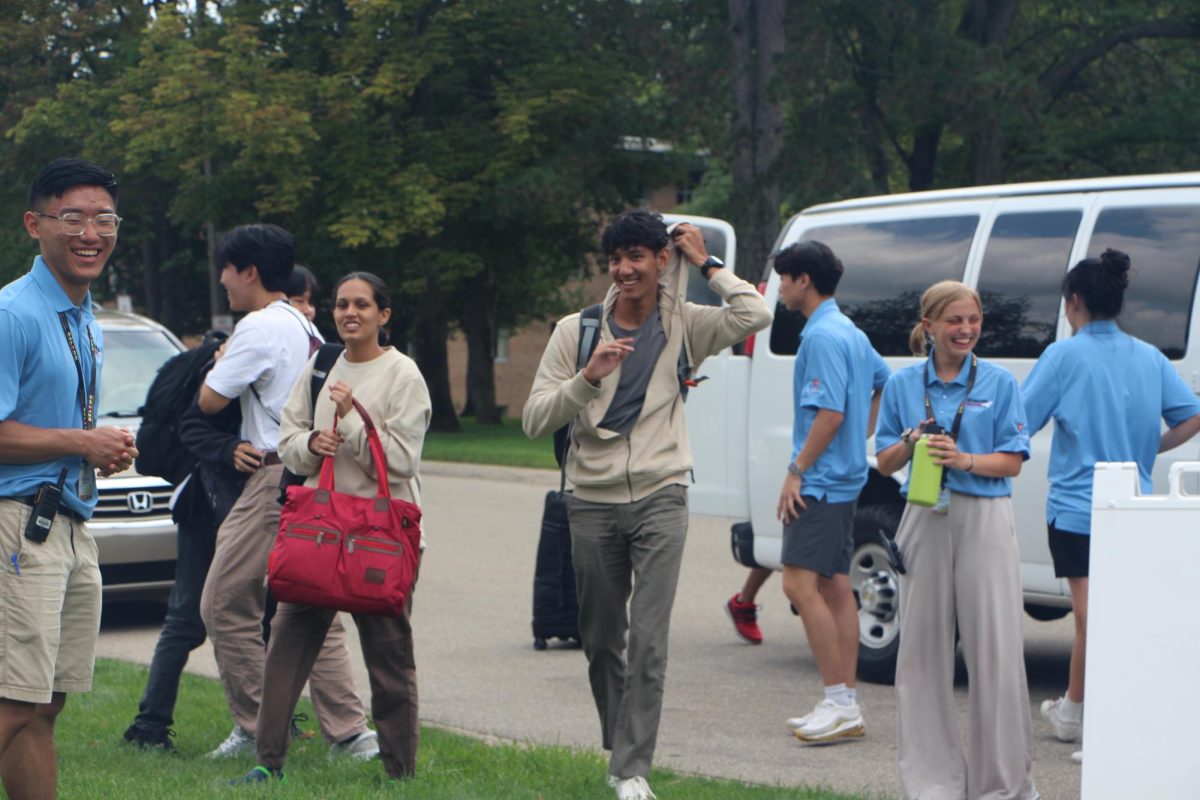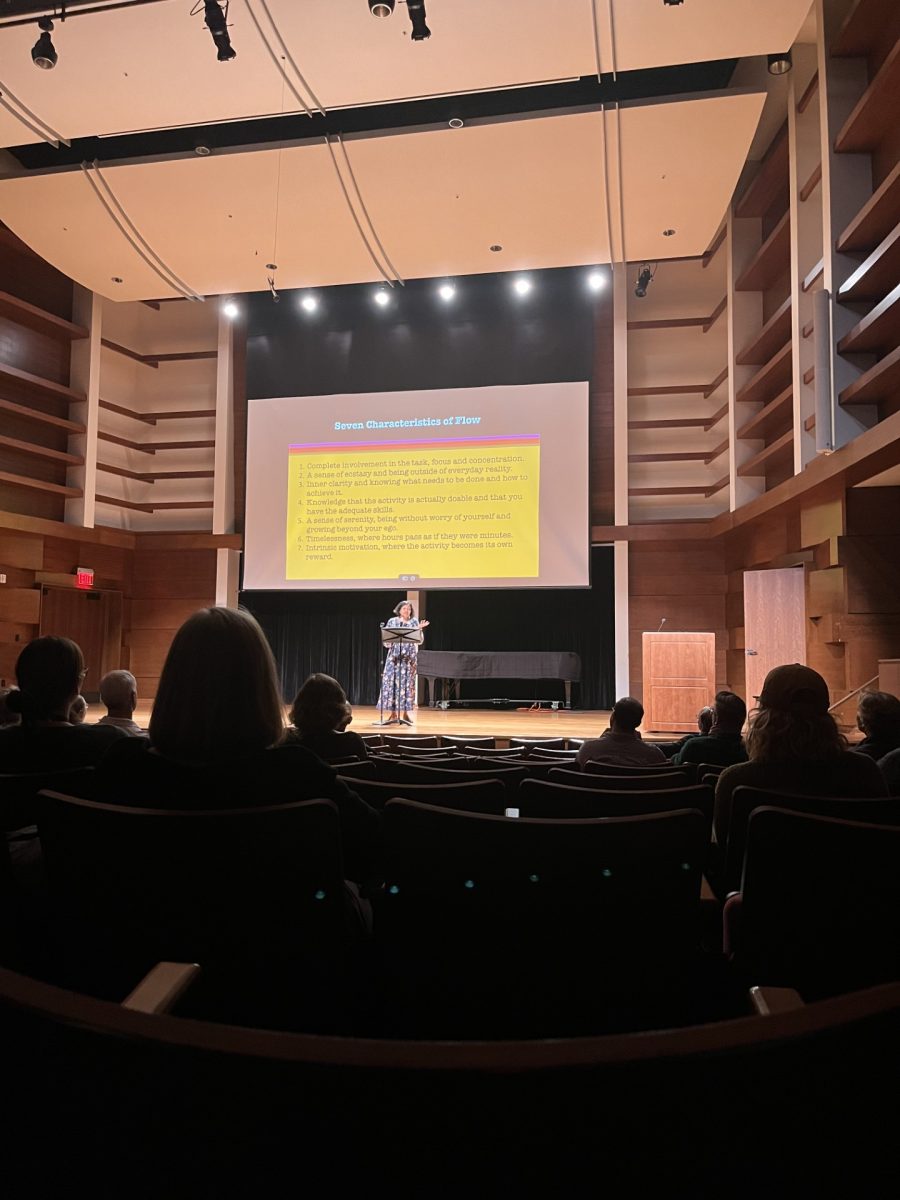I do not know if the constant quoting of Henry David Thoreau is, in a way, particularly fixed to my generation, or if he is another passing fad — a man too quotable for his own good. It is hard to meander upon Facebook or Twitter or Tumblr without someone (ironically) quoting, “I went to the woods because I wished to live deliberately.” Maybe she will delete her Facebook account tomorrow. Most likely, she will only whine about it.
As I continue to see Thoreau invoked though, I see a trend which does not surprise me — an idea that Kevin Kelly refers to as the “Will of Spoons.” In his book “What Technology Wants,” Kelly linguistically treats technology as an autonomous force. He refers to convergently evolved ideas or inventions that are made by different people in different places at the same time (like the automobile and the light bulb) as things that were bound to happen because of the forces of their circumstances. What Kelly argues for is a set path that technology guides us down — a path that we have set ourselves upon because of our propensity to create.
In a lot of ways, I see my own generation viewing technology in this way, as a malevolent force. There is the tendency to view technology as something that must be overcome — that individuals need to be free from the grasp of warping technology. Although many would not articulate their distaste for technology in this way, I can often hear the rhetoric from my peers of a hate for technology as a force. There are the obvious complaints that sites like Facebook time-wasting and eroding a sense of actual community. There are those who are frustrated by the reliance we put in technology now — that television siphons our attention, that the massive and instant access to information is leading us to learn facts instead of knowledge. And while all of this is true, it misses the point.
Despite how we view technology, it is a tool in every sense of the word. The way in which technology affects me tells much more about the person that I am than that of the technology in question. When we blame machines and products of our minds, we indict ourselves. When we grow wary of production of bombs and drones and articles of war, we should be frightened not of a malevolent force, but of ourselves. We are the creators.
Tools do not shape us — no, they only have the ability to embolden what is already inside of us. Granted, this works both ways, for better and worse. On one hand, our destructive nature is emboldened. We create articles of death. We harness atomic energy. We emit dangerous levels of carbon dioxide into our atmosphere. But on our other side, our creative nature faithful to establishing attitudes of peace, we can create beautiful, awe-inspiring things. We have the ability to look ahead and choose our futures — (to quote Jason Silva) to “project distinct and delightful future possibilities in our heads, so that we may choose the best of all possible futures, and then pull the present forward to meet it.”
For peace, we can do things we once only dreamed of. We can cure what was once incurable. We can connect friends, family and loved ones from across the globe in a matter of seconds. We have an unprecedented amount of information at our fingertips with which we can expand our mind. We now send citizens into space. We collide particles in 27 kilometer tunnels to unravel the mysteries of the universe. What we can do inspires awe (at least in this writer).
So when we criticize technology, what are we really doing? Are we personifying technology? Do we lend it a voice not its own? In a short answer, yes. By creating a false recognition of technology as a force we throw ourselves out of the equation. We say that Tumblr is taking our time, when it is really you who is committing the act. By removing ourselves from the equation (and blame) we fall into self-fulfilling prophecy.
Thoreau writes, “Men have become the tools of their tools,” and I can agree with this in a certain way. When we ignore our role with technology, we fall into the temptation of letting it wash over us indiscriminately. When we are aware of it, though, technology can add so much to life.









